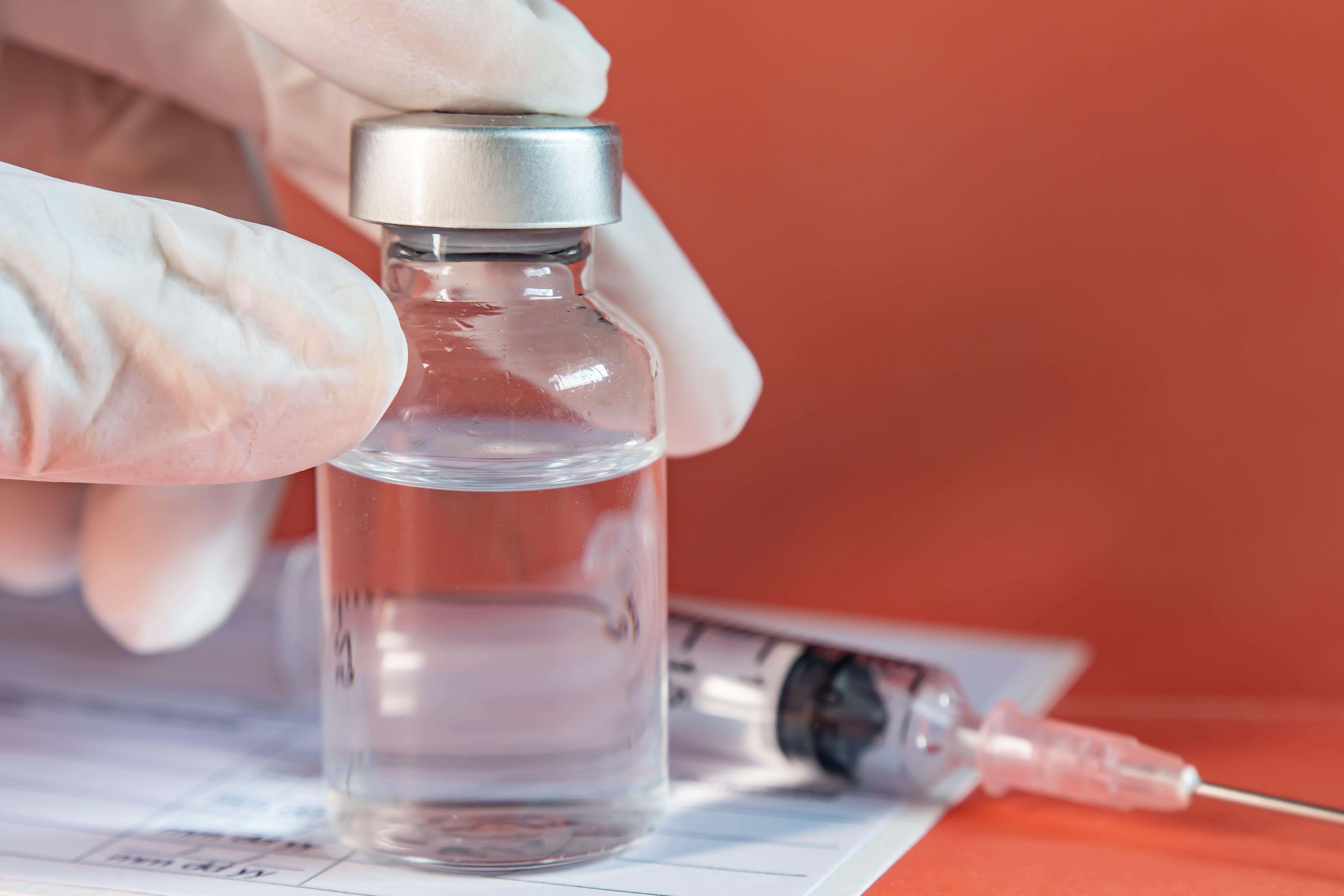Bird flu vaccine deal agreed to bolster pandemic preparedness
The UK Health Security Agency stressed there is no evidence at this stage to suggest the A(H5N1) virus will start spreading among humans.

Your support helps us to tell the story
From reproductive rights to climate change to Big Tech, The Independent is on the ground when the story is developing. Whether it's investigating the financials of Elon Musk's pro-Trump PAC or producing our latest documentary, 'The A Word', which shines a light on the American women fighting for reproductive rights, we know how important it is to parse out the facts from the messaging.
At such a critical moment in US history, we need reporters on the ground. Your donation allows us to keep sending journalists to speak to both sides of the story.
The Independent is trusted by Americans across the entire political spectrum. And unlike many other quality news outlets, we choose not to lock Americans out of our reporting and analysis with paywalls. We believe quality journalism should be available to everyone, paid for by those who can afford it.
Your support makes all the difference.The Government has struck a deal for more than five million doses of a vaccine for a strain of bird flu to ensure the UK is prepared for any possible future pandemic.
There is no evidence at this stage that the influenza A(H5N1) virus – which has caused a global outbreak primarily in birds in recent years – will start spreading among humans, officials said.
However ministers said the Government is committed to ensuring the UK is “ready to respond to any current and future health threats”.
Dr Meera Chand, emerging infection lead at the UK Health Security Agency (UKHSA), said: “It is important for us to be prepared against a range of different influenza viruses that may pose human health risks.
“Early access to vaccines saves lives. Adding H5 vaccines to the interventions already available to us will help us to be ready for a wider range of threats.”
The contract is part of plans to bolster the UK’s access to vaccines for a wider range of pathogens with pandemic potential, UKHSA said.
However, it stressed the jab would only be used if the virus was to start spreading in humans.
Public health minister Andrew Gwynne said: “Together with UKHSA, we are committed to ensuring that the UK is prepared and ready to respond to any current and future health threats.
“Adding the H5 vaccine to our stockpile is one part of our preparedness plans, improving our readiness to respond to a range of emerging health threats and protecting people’s lives and livelihoods.”
Bird flu in people is rare, although some viruses, like H5N1 or H7N9, have been associated with human disease, according to UKHSA.
Symptoms can vary depending on the strain, but most infections lead to a flu-like illness with fever, body aches, cough, sore throat and runny nose.
Other symptoms can include conjunctivitis, which causes red, sore eyes that produce discharge.
The vaccine will be based on a current H5 avian influenza virus and made by CSL Seqirus UK.
The company’s global head of pandemic preparedness and response, Marc Lacey, said: “This agreement with the UK Government demonstrates the ongoing importance of partnership in developing strong preparedness plans and ensuring rapid response capabilities against these health threats.”
This work is of vital importance in preparing and responding to emerging pathogen threats to the UK, helping us to contribute to a better understanding of the disease and offering reassurance to the public
Last month, the Department for Environment, Food and Rural Affairs (Defra) confirmed that the H5N1 strain had been detected at a commercial poultry premises in St Ives, Cornwall.
As a result, a 3km protection zone was put in place, along with a 10km surveillance zone.
All poultry at the site would be humanely culled, Defra said.
UKHSA is actively monitoring for human cases of bird flu, while the Animal and Plant Health Agency (APHA) is monitoring captive and wild birds and animals as part of its surveillance programme.
Dr Matt Chinn, director of scientific operations at the APHA, said: “APHA’s influenza teams have been at the forefront of the UK’s response to avian influenza viruses through sampling and testing both wild and farmed birds at the National Reference Laboratory for avian influenza at Weybridge.
“This work is of vital importance in preparing and responding to emerging pathogen threats to the UK, helping us to contribute to a better understanding of the disease and offering reassurance to the public.”
Reacting to news of the Government contract, Professor Ian Brown, group leader at The Pirbright Institute, said: “The current global panzootic with H5 high pathogenicity avian influenza viruses in birds and animals is presenting on such scale that the risk to humans has increased.
“There are occasional spillover events to humans, principally to those who been occupationally exposed to infected birds and animals, with most human infections being mild.
“The H5 viruses presently lack the properties to efficiently infect the upper respiratory tract of humans and transmit between. However, a vaccine stockpile is an important preparedness step should H5 viruses mutate and expand their capability to infect and transmit between humans.”
Prof Sir Andrew Pollard, director of the Oxford Vaccine Group at the University of Oxford, said: “Emergence of a new strain of influenza remains at the top of the list of pandemic threats and so providing resilience against potential risky flu types, like H5, is important for future pandemic and outbreak preparedness.
“H5 is only one of the multiple families of flu viruses that create such a risk, so we should not be complacent.
“But H5 is the one that we are most concerned about today as a result of the global spread of this virus amongst birds and various mammals, and worryingly across the United States amongst cattle this year.
“H5 is out there and we need to do all we can to be prepared.”